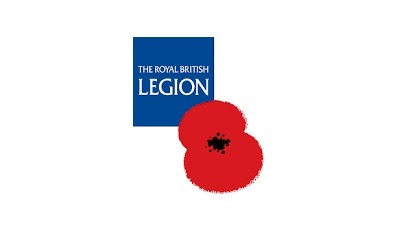
Royal British Legion
Background
The Royal British Legion (RBL) is the country’s largest armed forces charity. It aims to help members of the Royal Navy, British Army, Royal Air Force, veterans and their families to find solutions to a wide range of issues during and after their time in the armed forces. Founded in 1921, it has an impressive 235,000 members, 110,000 volunteers and a network of partners and charities.
As well as offering financial, emotional and mental wellbeing support, they also provide services with a focus on care and independent living. It was the Independent Living Service that commissioned the Disabled Living Foundation (DLF) to undertake a range of Trusted Assessor training for their UK-wide service.
One of the RBL’s important services is their Handy Vans Service which helps veterans and their families with small household repairs and minor adaptations to their homes. There is a dedicated and trusted team of experienced handy-people who are fully trained to carry out low-level maintenance works including:
• changing light bulbs and tap washers
• putting up shelves, curtain rails and grab rails
• fitting smoke alarms and carbon monoxide detectors
• fitting and changing door locks and other security features
• building access ramps and storage sheds to house Legion-provided Electrically Powered Vehicles
• installing care phones.
The Solution
RBL wanted to improve their service provision and ensure they provided a robust assessment so that they could continue to meet the needs of their beneficiaries. They also wanted to be able to confidently signpost on and understand what to do and who to refer to when an issue outside of their remit was identified.
RBL had previously used DLF’s services for equipment-related training and was keen to work together again.
DLF trained 45 staff members including Independent Living Advisors, Independent Living Regional Leads and Handy Vans Fitters. The course taught learners how to recognise a need for equipment and how it might enable independent living, measure for it and fit it into the environment. This could be installing equipment for minor adaptations such as a grab rail, or an aid such as perching stool.
RBL staff have also since attended refresher courses to ensure they are continuing to provide an up-to-date and high quality service.
The Results
The general feedback from the RBL learners was that the course was very good. They liked the training venue and felt that it improved the quality of the sessions.
Since attending the training courses, the Independent Living teams feel more knowledgeable and confident and this in turn has led to more accurate and up-to-date advice, support and guidance being given to RBL beneficiaries. They have also reported feeling more able to communicate with external services such as local councils.
The charity believes that they are now undertaking a more comprehensive and robust approach towards tackling the increasing demands and case work within the Independent Living Service.